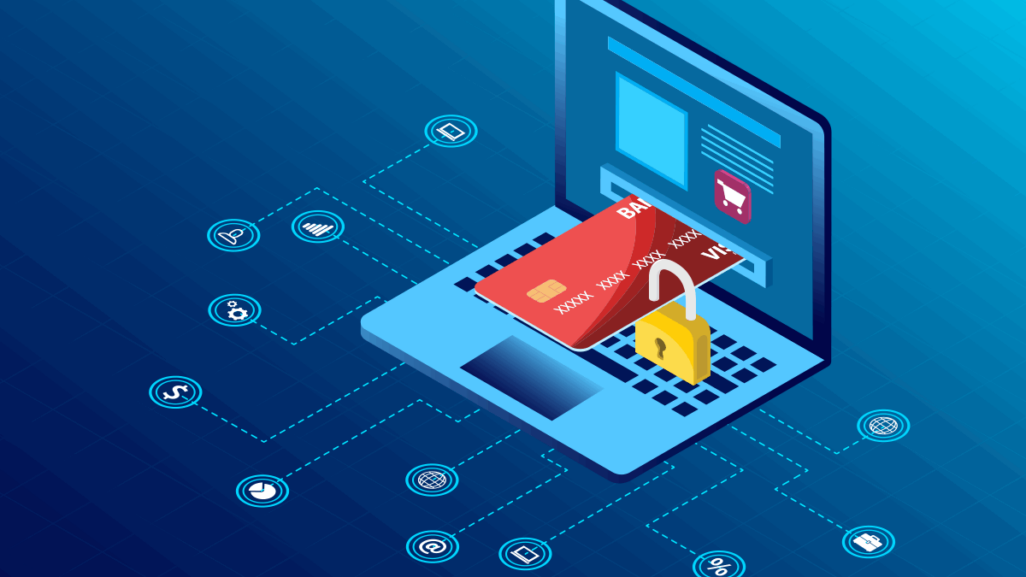The number of digital buyers is steadily climbing. In 2020, according to Statista, more than two billion people purchased goods or services online. During the same year, e-retail sales surpassed $4.2 trillion U.S. dollars worldwide - that's over $1000 per adult!
Retailers are embracing the change in consumer behaviour. But, do you know who else is taking advantage? Cybercrooks. Before you buy, consider these strategies to stay safe.
#1 Question that great deal
If a deal looks “too good to be true,” it probably is. You’re not going to get a new Apple laptop for $29.99, or the latest Beats headphones or Xbox gaming console for under $20. Anyone offering you that price is trying to lure you to their site to enter your payment details, so don’t be surprised when your product never arrives!
These "deals" can often be found in online ads (hint - use an AdBlocker to stop them!) and Facebook Marketplace. I recently saw someone selling a brand new Apple laptop for 30% off the retail price. When I contacted the seller (who appeared to be in Blenheim), they said I need to contact their manager. They had a picture of a cellphone repair shop in Tauranga, but their phone number was from Pakistan. Nah, I'll pass!
#2 Review seller feedback
While scrolling social media you see adverts for perfect gifts for someone on your list. And it’s so easy to click the link and buy! Still, before purchasing, take the time to research the seller.
If the feedback is nothing but glowing 5-star reviews, you know it's probably fake or bought. Real people will have mixed experiences even with the best products or services. Can't make everyone happy!
Read the feedback from other buyers on independent sources. It adds only a few moments to check sites such as Trustpilot and Google My Business.
#3 Research the business domain
Think about it: who are you more likely to trust with your sensitive data? Someone who has been in business 10 years or someone who set up shop 10 days ago? Quickly check how long a business website has been around.
There are many new pages on Facebook that have names similar to common retail stores, but when you check the page details, they will have a few hundred or thousand likes. Also, the page creation date will be somewhat recent, as Facebook usually flags them as fake pages after a few days.
#4 Watch out for email scams
Before clicking on any offer links in emails, check the URL. You can hover over the link before actually redirecting there and check the target. Double-check that the address is to the site you’re expecting.
Also, slow down and be sure that the address doesn't have any typos or atypical endings. You don’t want to confuse www.nike.com with www.nlke.com and end up a victim of identity theft instead of the proud owner of the latest Air Max.
#5 Check payment site security
There are several ways to verify the security of a payment site. These include:
- verifying that the site uses an SSL certificate – it will start with “https” instead of “http”. The HTTPS (padlock) certificate isn't as relevant anymore because almost any website hosting provider allows getting one.
- checking for a physical address and phone number – call the contact number to confirm it is not fake;
- reviewing the Terms and Conditions and Return and Privacy policies – any reputable brand has these!
#6 Pay with Online Payments
When you do decide to buy, prefer to pay using PayPal or another online payment tool. You won't be giving the seller your credit card details. If you can’t take this approach, use a credit card from a credit account rather than debit. You will have more protection this way. You can start a chargeback through your credit card company when the item isn't as advertised and the seller’s customer service doesn't help.
Before online shopping, at any time of the year, update your operating system, and keep your anti-virus software current, too. Need help? Let us know!

